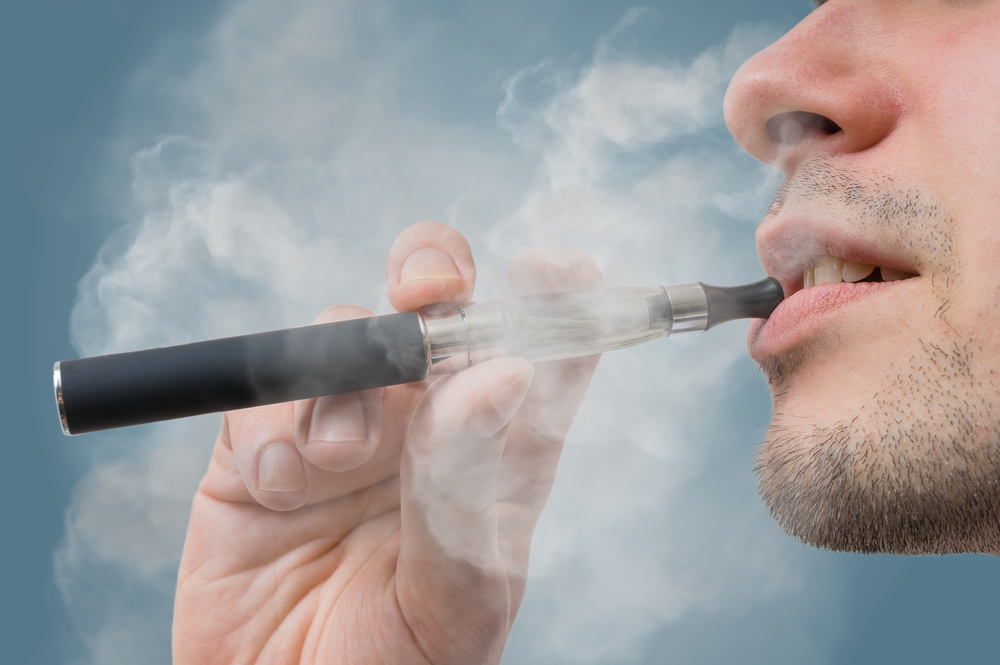Few things ruin the driving experience faster than unpleasant odors inside your vehicle. Whether it’s from long commutes, spilled food, or traveling with pets, car smells can quickly build up and make every trip uncomfortable. The good news is that with a few simple strategies, you can eliminate bad odors and keep your car smelling clean year-round.
This guide explores ten proven methods for removing odors, along with seasonal tips and long-term maintenance practices to ensure a fresh ride every time.
1. Track Down the Source First
Before reaching for sprays or air fresheners, identify where the odor is coming from. Look under seats, in seat pockets, the glove box, and even the trunk for forgotten snacks, spilled drinks, or damp items. Once found, remove the source and clean the area thoroughly. Covering up odors without addressing the cause will only provide short-term results.
2. Use Baking Soda to Neutralize Smells
Baking soda is a natural odor absorber. Sprinkle it generously on your car’s carpets and upholstery, let it sit for several hours (or overnight), and then vacuum it up. This method is especially effective for pet and food-related odors. Keep a small open box of baking soda under the seat for ongoing freshness.
3. Try a Vinegar Solution
Vinegar is another inexpensive and powerful odor neutralizer. Mix equal parts white vinegar and water in a spray bottle and lightly mist the interior surfaces. Wipe down with a clean cloth. The vinegar scent will fade quickly, leaving your car free of lingering odors. Make sure to air out your car afterward.
4. Use Activated Charcoal
Activated charcoal (carbon) is widely used to trap odors and impurities. Place a small bag of activated charcoal under the seat or in the trunk. Over time, it will absorb smells without releasing any fragrance of its own. Unlike many air fresheners, it provides a long-term solution rather than masking the issue.
5. Harness the Power of Coffee Grounds
If you love coffee, this hack is for you. Place fresh coffee grounds in a small breathable container inside your car. They naturally absorb odors while leaving behind a pleasant coffee aroma. Replace the grounds every couple of weeks for the best results.
6. Add Essential Oils for a Natural Fresh Scent
Essential oils can provide a calming, refreshing aroma without the artificial smell of some commercial fresheners. Put a few drops of lavender, eucalyptus, or citrus oil on a cotton ball and tuck it into a cup holder or under a seat. You can also make a simple DIY diffuser by clipping a felt pad with essential oils to your air vent.
7. Choose the Right Air Freshener
Commercial air fresheners come in many forms: sprays, gels, hanging cards, and vent clips. Choose a scent that appeals to you but avoid overly strong fragrances that may overwhelm passengers. For a homemade option, fill a small jar with baking soda, add several drops of essential oil, and cover the top with a breathable fabric or perforated lid.
8. Steam Clean for Deep Odor Removal
For stubborn odors like smoke or mildew, steam cleaning is highly effective. High-temperature steam not only kills odor-causing bacteria but also lifts stains from fabric and carpet. You can rent a portable steam cleaner or schedule a professional detail service for a deep clean.
9. Vacuum Regularly
Dirt, dust, crumbs, and pet hair quickly contribute to unwanted smells. Make vacuuming part of your routine, focusing on carpets, upholstery, and hard-to-reach areas under seats. A thorough vacuum once or twice a month keeps your car cleaner and helps prevent odors from building up in the first place.
10. Ventilate With Fresh Air
Whenever the weather allows, open your windows to let fresh air circulate through the cabin. Natural ventilation helps clear lingering smells and prevents mustiness. Just be mindful of outside conditions—avoid doing this in areas with heavy pollution or strong external odors.
Seasonal Odor-Fighting Tips
Different times of year present unique odor challenges:
- Spring & Summer: Warm weather increases the risk of spoiled food smells. Avoid leaving groceries in the car and wipe down spills immediately.
- Autumn: Damp leaves and rain can lead to musty odors. Moisture absorbers or silica gel packs can help.
- Winter: Wet shoes and road salt bring in extra mess. Use rubber floor mats and vacuum more frequently.
Lifestyle Considerations
The smell of cigarettes is highly unpleasant, but there is an alternative heated tobacco products, which are almost odorless.
If you travel with pets, invest in washable seat covers and keep a small cleaning kit on hand for accidents. For frequent food transport, use sealed containers to prevent spills and remove leftovers after each trip. These simple habits will drastically reduce odor problems over time.
Don’t Forget the Air Vents
Car vents can harbor dust, mold, and bacteria, especially when heating or air conditioning is used. Clean them regularly with a foam brush, cotton swab, or a vent-cleaning spray. This improves air quality and prevents musty smells from circulating.
Regular Maintenance Is Key
The best defense against odors is a consistent cleaning routine:
- Vacuum weekly or bi-weekly.
- Wipe surfaces with mild cleaners.
- Wash floor mats frequently.
- Rotate between odor-absorbing solutions like baking soda or charcoal.
Keeping your car tidy not only improves its smell but also enhances overall comfort and resale value.
Final Thoughts
A fresh-smelling car makes every journey more enjoyable. By combining natural remedies, consistent cleaning, and smart maintenance, you can eliminate unpleasant odors and prevent them from returning.
If you’ve tried everything and smells persist, consider a professional detailing service. With the right approach, your car can feel as inviting as the day you drove it off the lot—clean, fresh, and comfortable for you and your passengers.







